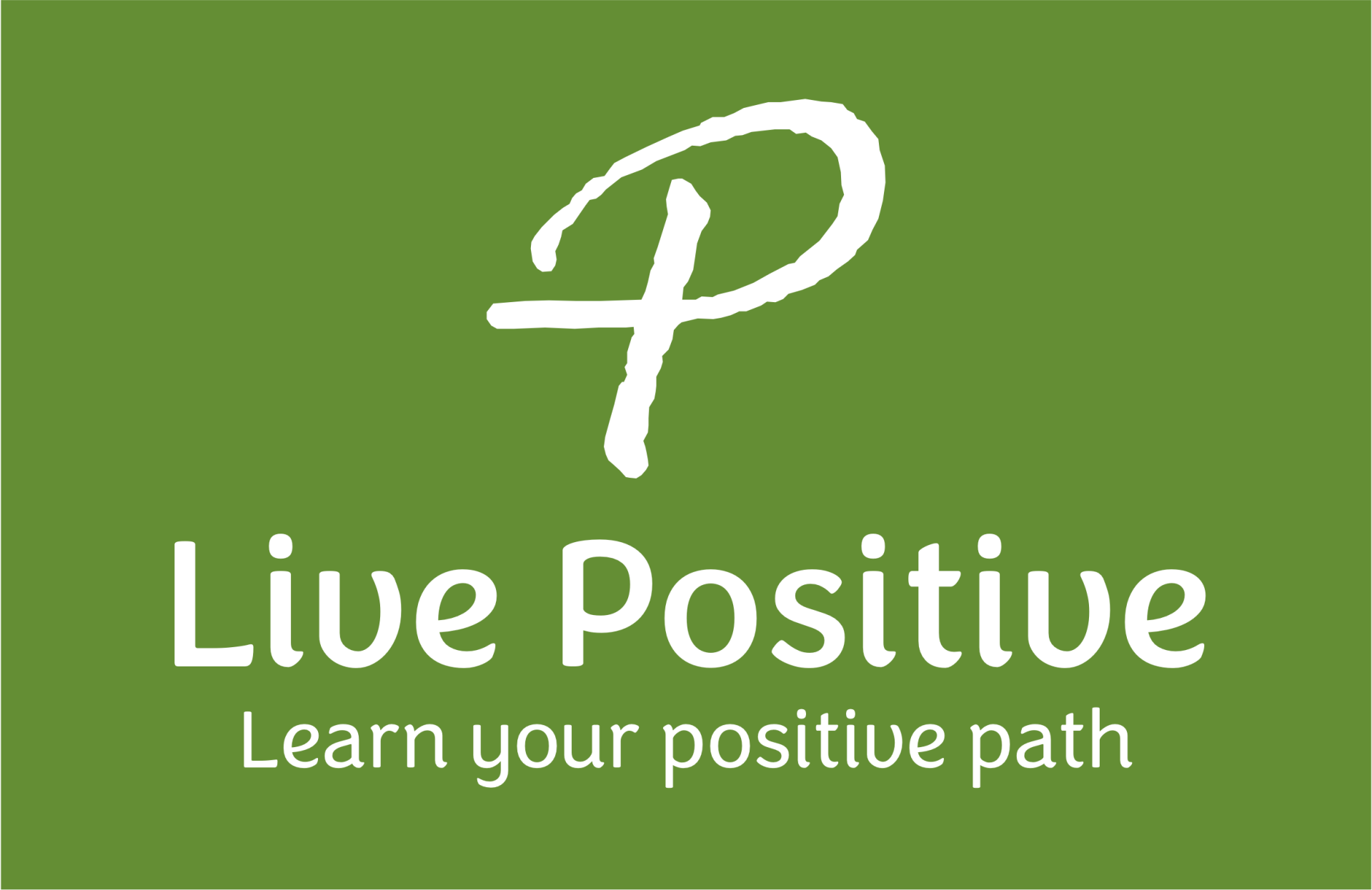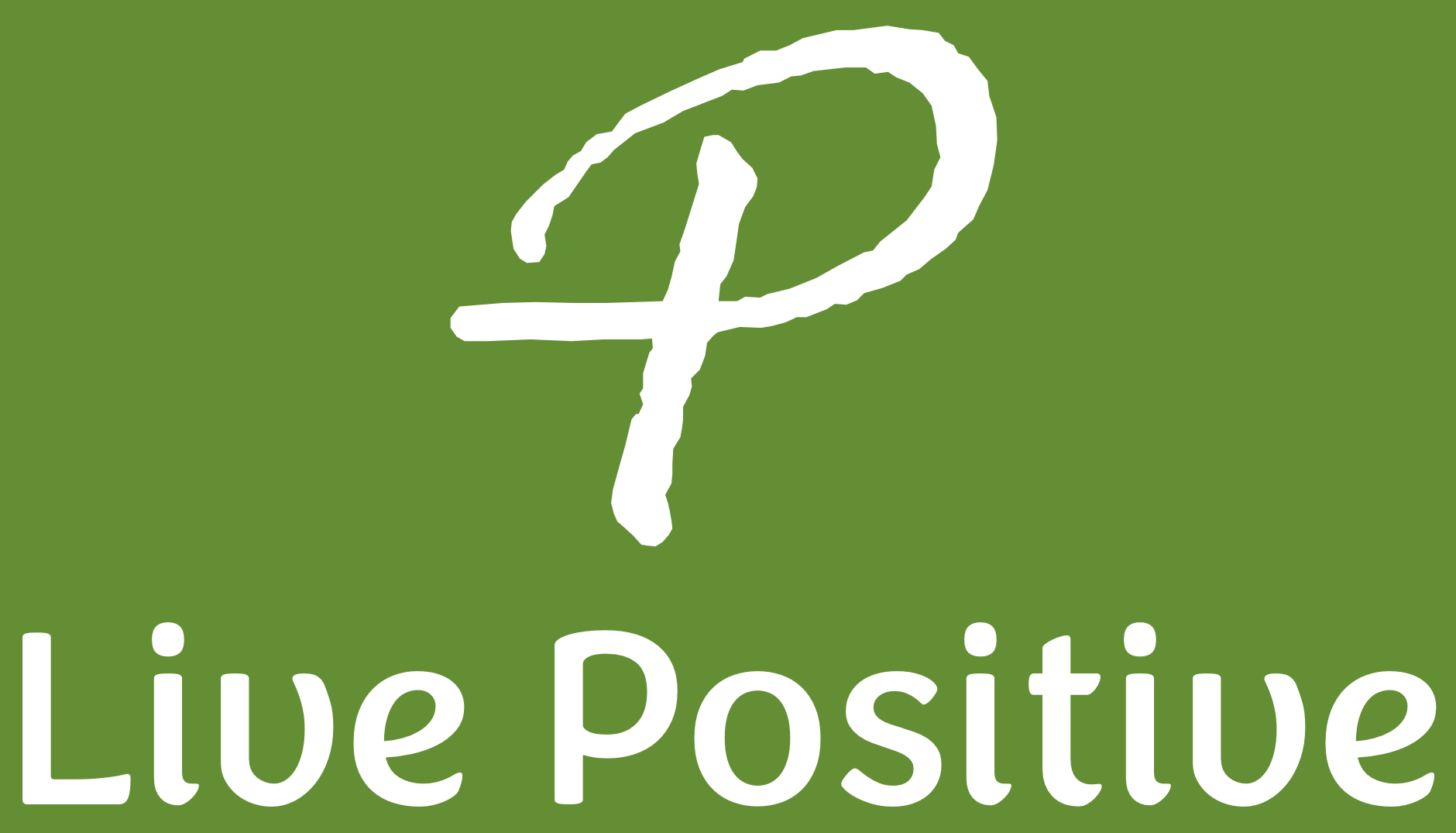Redefining the autonomous you
My definition of self-autonomy has changed a thousand times over depending on my mood, my ego, who I spent time with, and what my goals were at any given time. We can probably all relate to these factors at some point or another. Remember the time when you wanted to go for a sleep over and your parents simply wouldn’t give in, or the time when you wanted a tattoo because all your friends had one, or even when you wanted to study in a university that your parents were strictly against because it was too far or not good enough.
I, too, am no exception. I wanted self-autonomy and there were no two ways about it. The problem was that I was unable to see that self-autonomy was of no use if I didn’t have the maturity to make wise decisions or to take logical actions. In fact, ‘no use’ is an understatement. Claiming self-autonomy without the knowledge and awareness of its risks and consequences can have you chasing a carrot for its hedonic satisfaction again and again. As a result, you end up mentally shattered, trying to fix things all the time because you weren’t informed enough to make the right decision to begin with. What a waste of time! Think about it, by the time you fix one problem which you brought on to yourself in the first place, you could have taken at least two steps forward towards achieving your goal. Why slow progress, flourishing and acquiring the satisfaction you want from life down when you have all the tools, facilities and support that you need around you?
At the early stages of our lives, we believe that self-autonomy is a form of power and our entitlement. We falsely believe that if we have the power to govern ourselves, we are considered grown up and mature. But what we don’t know is how maturity is measured. There must be thousands of definitions for maturity and each one is formed according to the context it’s in.
I may not be able to give you a precise definition or even endorse one, but I am able to tell you that self-autonomy serves us well in creating an intrinsic force that drives us toward our goals. The problem is that in the absence of the knowledge and awareness at a young age, we tend to be a little too naïve to know what those goals should be. And if you set your goals at that stage, you’ll probably find yourself still far from growth, progress but mostly the happiness that you thought it would give you. Instead, your misleading goals will take you down a road where you’ll probably find yourself lost, with no purpose, where nothing makes sense and where you are probably robbed of any motivation for anything else.
And that’s just the beginning of your next leg of the journey you chose to take. It is no hidden matter that self-autonomy can work for you when you are well-informed, and when you have assessed the consequences of your choices and actions. You see, self-autonomy is tightly linked to self-determination and motivation. When you choose to do something because it satisfies you, because it brings you joy, or because it feeds your curiosity, your motivation level is likely to be at its peak.
So you need to ask yourself what makes me want something that much. Am I being intrinsically rewarded or am I doing it for some external award to come my way? Some people study or work because they are intrinsically drawn to it while other might do it because they have to. If you have to do something, you probably resent the challenges that go with it. You consume negative energy, you become heavy footed and ultimately in most cases, you don’t see the task or goal through. Instead, you’ll blame the challenges you encounter for your lack of success. Someone who is intrinsically motivated, however, will welcome and embrace those challenges.
We must acknowledge that not everything we wish for requires intrinsic motivation either. In fact, the number of things we do for its external reward puts our extrinsic motivation way out of proportion to its intrinsic counterpart. Like, we all need to work for a salary at some point in our lifetime. That salary will pay for the roof over our heads and shoes on our feet. We all need to find safety, a home or shelter, and feed our needs to be happy like food, water, a community with friends, family, order and peace.
The truth is that some of the choices we make or the course of actions we take on a daily basis are not pleasant or agreeable. But they have to be done, no matter how big or small those tasks may be. But by embodying the notion that no challenge is unconquerable, I’m creating an autonomous version of myself because ‘I know I can do it no matter how difficult it might be’.
I also acknowledge that if a task is not challenging, the reward probably has little merit. The bigger the challenge, the bigger learning experience. So I welcome the challenge by calling on my confidence to help me in such foreseeable hardship or loss that I might encounter, especially when negative emotions start to emerge like fear of failure and shame which can be a threat to my ego. After all, how can my egobe threatened if I have the strength to acknowledge and accept them with total awareness?
Gradually, you will start to see how your perspective changes. You’ll become more confident in doing things that weren’t to your liking. You will probably see your tasks less tedious because you will be pleasantly focused on your goal. The idea of attaining the goal you set will no longer be a painful journey because you have transformed the motivation from its extrinsic nature to one that’s intrinsic and energising.
Remember, mankind wouldn’t have made it this far without knowledge and confidence to face the challenges.


